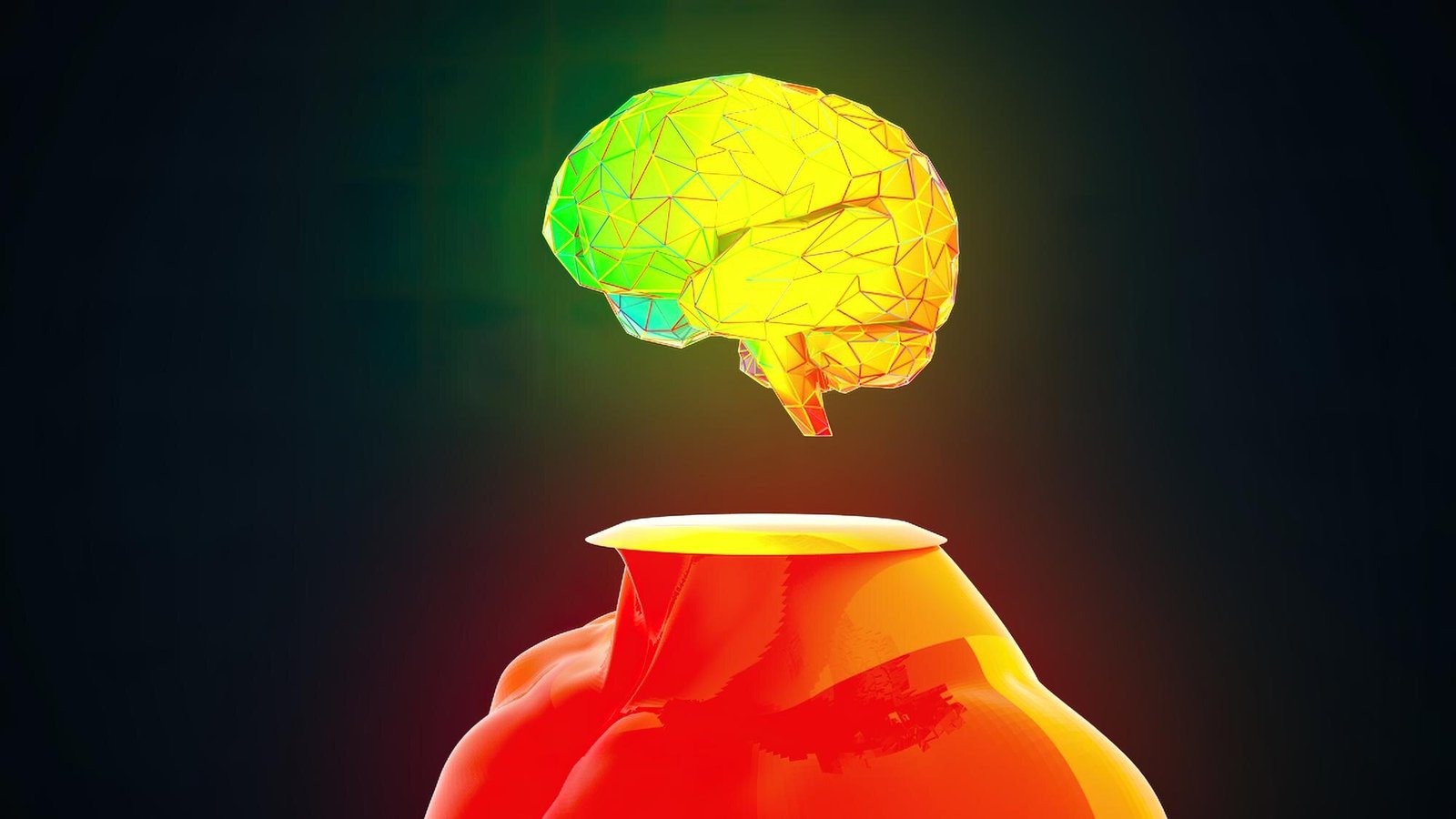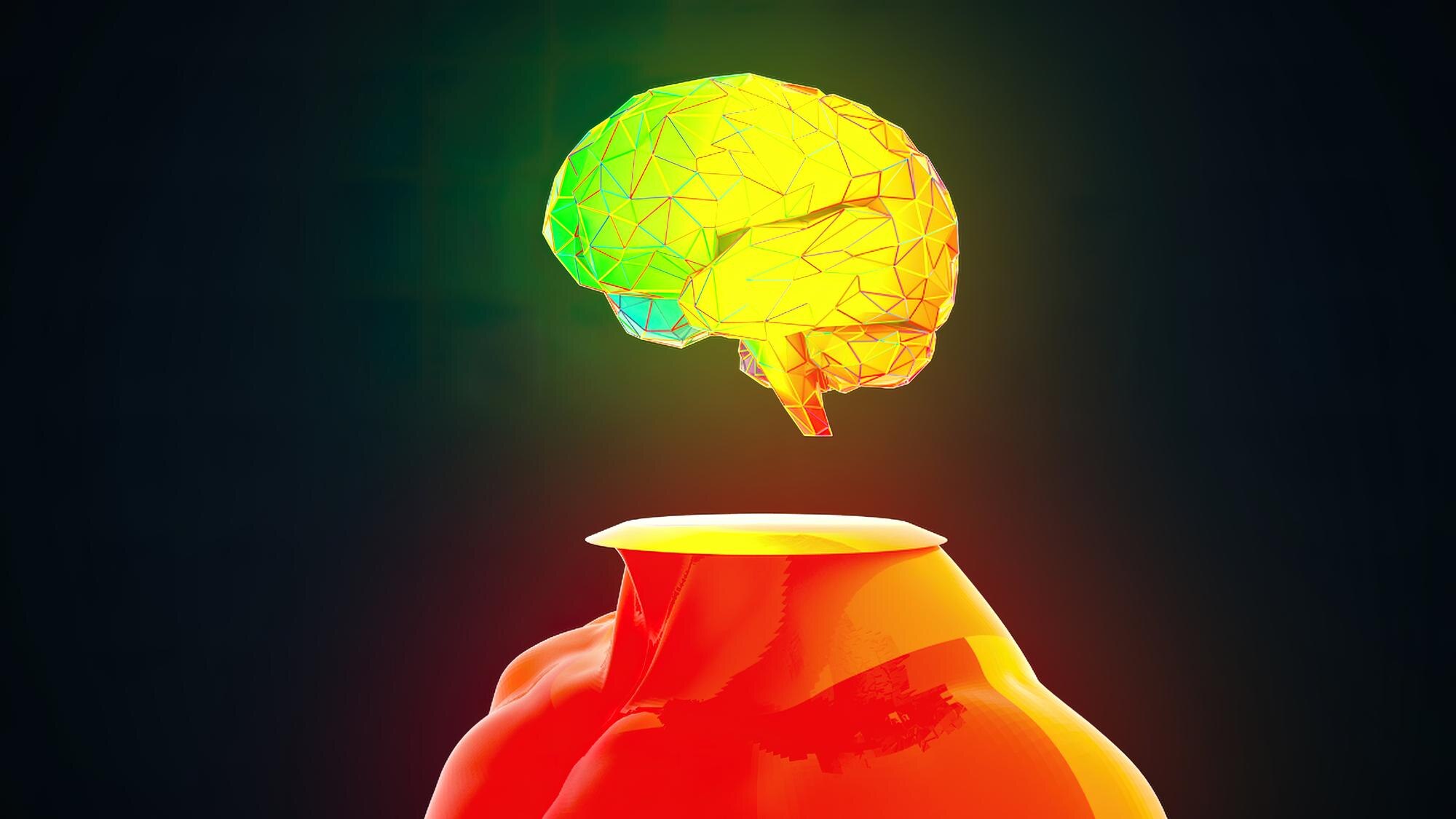
The Science Behind Compulsive Behaviors: Understanding Your Brain’s Survival Mechanism
Compulsive behaviors aren’t flaws—they’re your brain’s way of surviving. But the cycle feels relentless, doesn’t it? You might find yourself trapped in patterns like emotional eating or substance use, wondering why control slips through your fingers. You’re not alone, and there’s nothing wrong with you. This is your brain’s survival mechanism at work, and understanding it can be the key to emotional freedom. Discover how VK Circle’s compassionate approach can help you transform these patterns into empowered choices. Ready for a change? Join us and start healing today. Learn more about the science of addiction and your brain’s ancient wiring here.
Understanding Compulsive Behaviors

To fully grasp compulsive behaviors, it’s essential to understand their roots. These behaviors often stem from our brain’s intricate survival mechanisms and emotional responses.
Brain’s Survival Mechanism
The brain’s survival mechanism is an ancient system designed to protect us from harm. Compulsive behaviors are often triggered by this mechanism, which can become hyperactive in modern life. When faced with stress, the brain may default to familiar patterns as a means of coping.
The brain’s instinctual response is rooted in ancient wiring that prioritizes survival over rational decision-making. This can lead to compulsive actions like overeating or substance use. For more insights, you can read about the brain’s ancient wiring here.
Real-world studies indicate that the brain’s support cells may play a significant role in these behaviors. Research from UCLA Health suggests these cells influence compulsive actions by affecting neural pathways. Understanding this allows us to see compulsive behaviors not as flaws but as survival tactics.
Emotional Pain and Self-Sabotage
Emotional pain often drives self-sabotage, manifesting as compulsive behaviors. Self-sabotage occurs when we unconsciously undermine our own goals, often as a misguided attempt to protect ourselves from further pain.
Identify Emotional Triggers: Recognizing what prompts compulsive behaviors is crucial. These may include stress, anxiety, or unresolved trauma.
Acknowledge the Pain: Accepting that emotional pain influences behavior is the first step toward change. This understanding creates the foundation for healing.
Reframe the Narrative: Viewing compulsive behaviors as a coping mechanism changes the focus from self-blame to self-awareness, enabling emotional healing.
In a Michigan Medicine study, researchers found that understanding the brain’s role in compulsive behaviors can help break the cycle of self-sabotage. By addressing the underlying emotional pain, individuals can start to heal and make empowered choices.
Emotional Healing Insights

Emotional healing involves shifting focus from self-criticism to self-compassion. This transformation is key to overcoming compulsive behaviors.
Self-Love vs. Self-Hate
Self-love is a powerful antidote to self-hate. Self-hate often fuels compulsive behaviors, trapping individuals in a cycle of guilt and shame. Shifting this mindset is crucial for emotional healing.
Practice Self-Compassion: Treat yourself with the same kindness you would offer a friend. Acknowledge your struggles without judgment.
Affirm Your Worth: Remind yourself that you are worthy of love and respect, regardless of your past actions. This mindset fosters healing and growth.
Embrace Imperfection: Understand that mistakes are part of the human experience. Accepting imperfections reduces the power of self-hate.
Incorporating self-love practices into daily life can transform negative thought patterns. This approach leads to lasting emotional freedom and reduces the grip of compulsive behaviors.
Non-Clinical Coaching Benefits
Non-clinical coaching offers a supportive environment for emotional healing, distinct from traditional therapy or rehab. Non-clinical coaching focuses on empowerment and self-discovery, providing practical tools for change.
Coaching sessions encourage clients to explore their emotional landscape. By addressing unmet needs and uncovering root causes of compulsive behaviors, individuals can gain clarity and direction.
Empowerment over Diagnosis: Unlike clinical approaches, coaching emphasizes personal empowerment rather than labeling behaviors as disorders.
Safe Exploration: Clients can explore emotional challenges without fear of judgment or stigma, fostering an open and supportive atmosphere.
Actionable Tools: Coaching provides strategies for managing compulsive behaviors, promoting proactive steps toward emotional freedom.
Emotional healing through non-clinical coaching is a journey of self-awareness. Learn more about the benefits of this approach here.
Pathway to Emotional Freedom

Achieving emotional freedom involves transforming compulsive behaviors into empowered choices. This path is not about quick fixes but about meaningful change.
VK Circle’s Empowering Approach
VK Circle’s approach focuses on helping individuals break free from compulsive behaviors by addressing the emotional pain beneath them. Our 90-Day Emotional Freedom Program provides a structured pathway for change.
Safe, Non-Judgmental Space: Clients explore their emotions without labels, fostering trust and openness.
Rapid Transformation: In just 90 days, individuals experience profound shifts, replacing self-hate with self-love.
Empowering Tools: Participants receive practical methods to manage compulsive behaviors, promoting emotional clarity and strength.
VK Circle offers a compassionate and empowering space for healing. Our program is designed to support individuals on their journey to emotional freedom.
Transforming Patterns into Choices
Transforming compulsive patterns into choices involves understanding the emotional roots and taking proactive steps toward change. This transformation is a testament to personal growth and resilience.
Awareness of Patterns: Recognize and understand the compulsive behaviors and their emotional triggers.
Intentional Action: Make conscious choices that align with your values and long-term goals.
Continuous Reflection: Regularly assess progress and adjust strategies to maintain emotional balance.
Through VK Circle’s support, individuals learn to view compulsive behaviors as opportunities for growth. This shift empowers them to make choices that align with their true selves, leading to lasting emotional freedom.
😊



